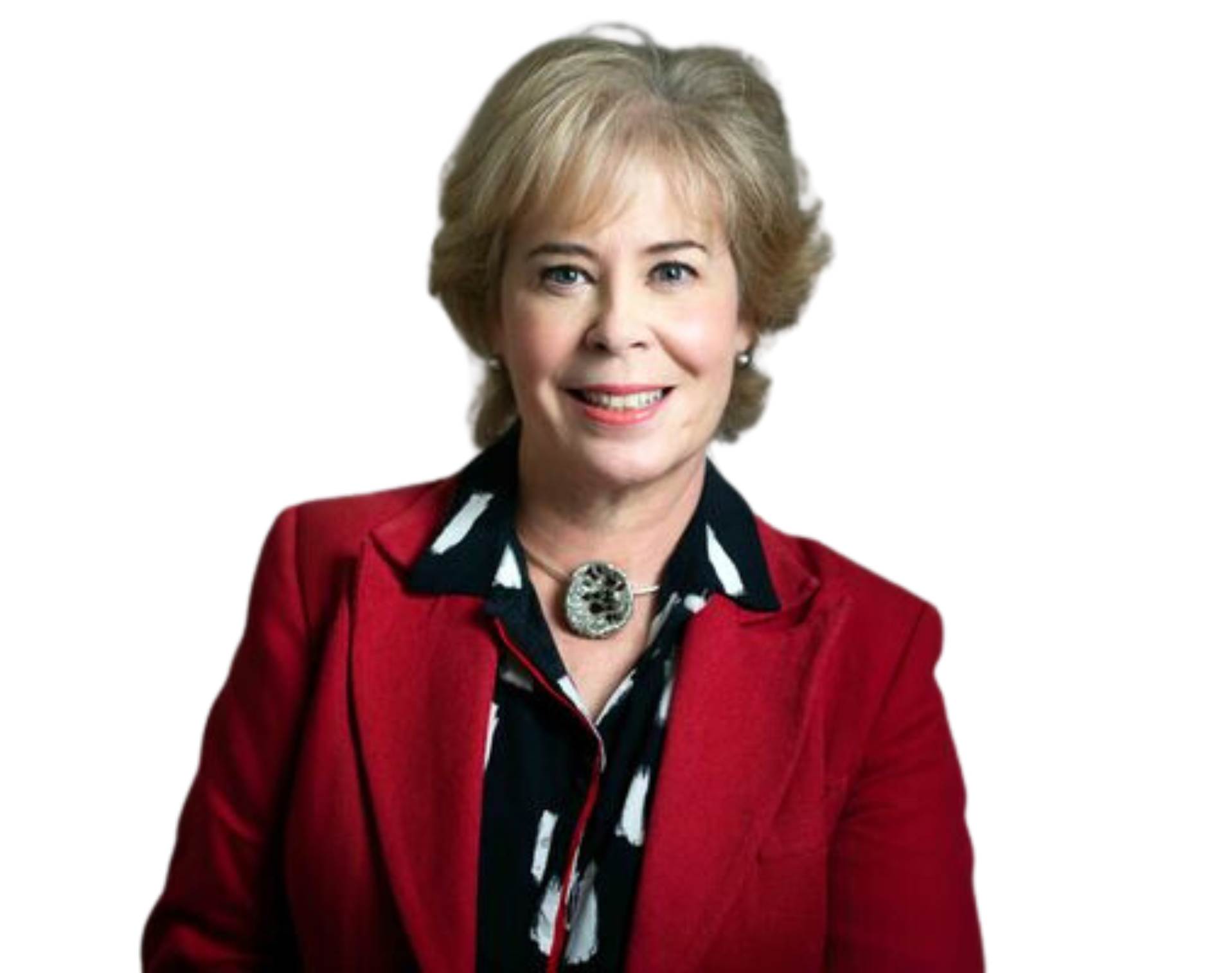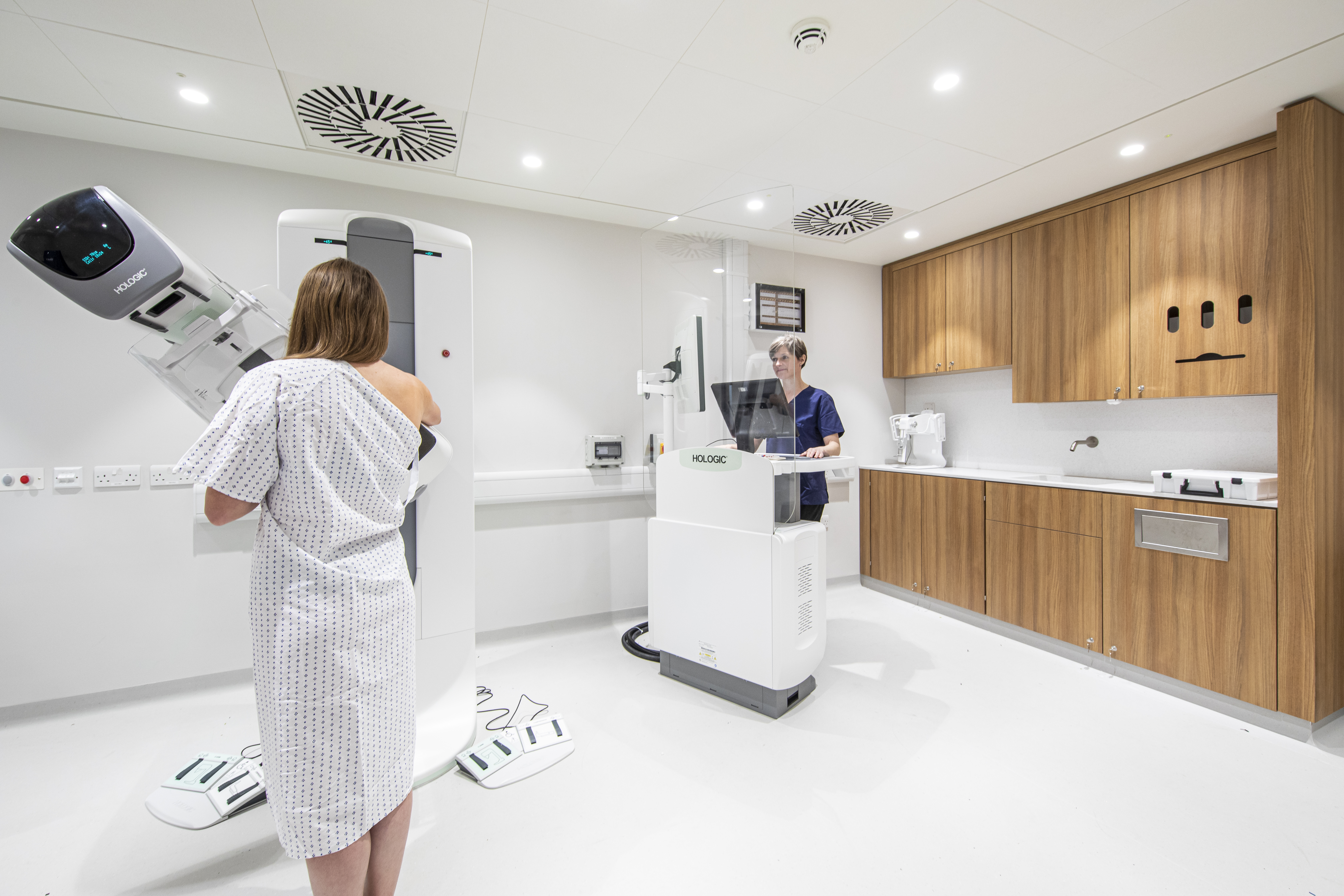Here at OneWelbeck, we have enhanced the way that we screen women who have enlarged breasts. The routine two views give a cross-sectional view of the breast tissue followed by a method called the Eklund Technique - which is designed to assess more than 90% of breast tissue, including implants.
An experienced mammographer is always required when it comes to screening breast implants, as they know exactly how to position the implant, to achieve the most accurate image of the breast tissue. Every part of the breast, even the back, is very important to capture in the screening.
It’s crucial to be aware that it’s often not possible to screen 100% of the breast, but the more experienced the practitioner is, the better the chance of getting an accurate and representative image.

